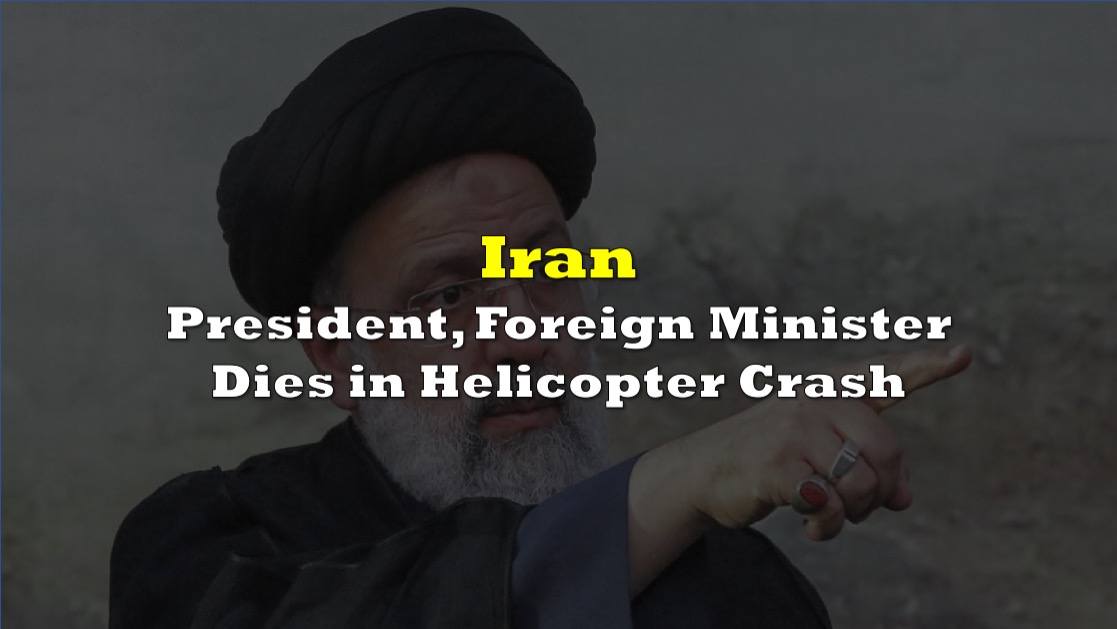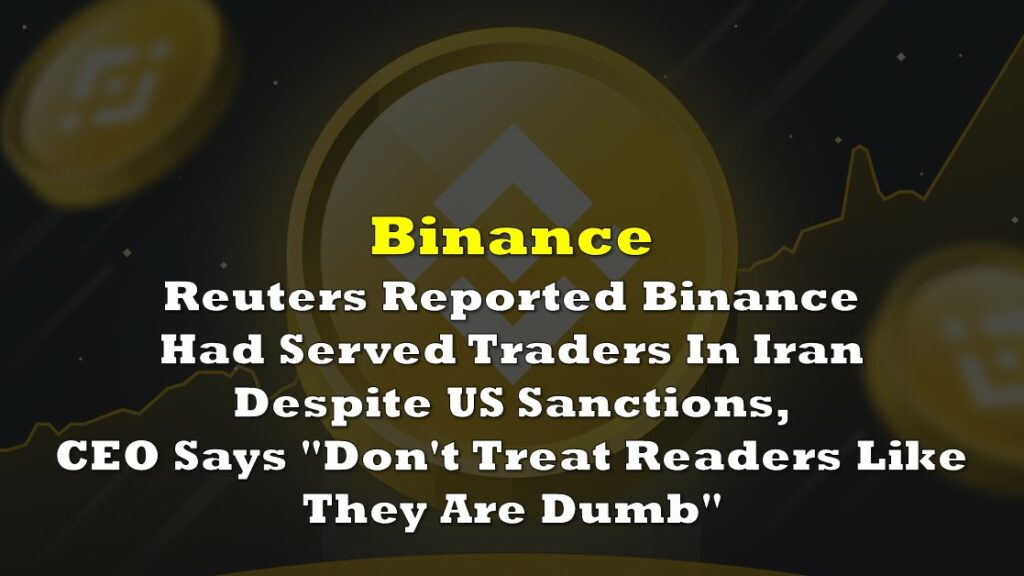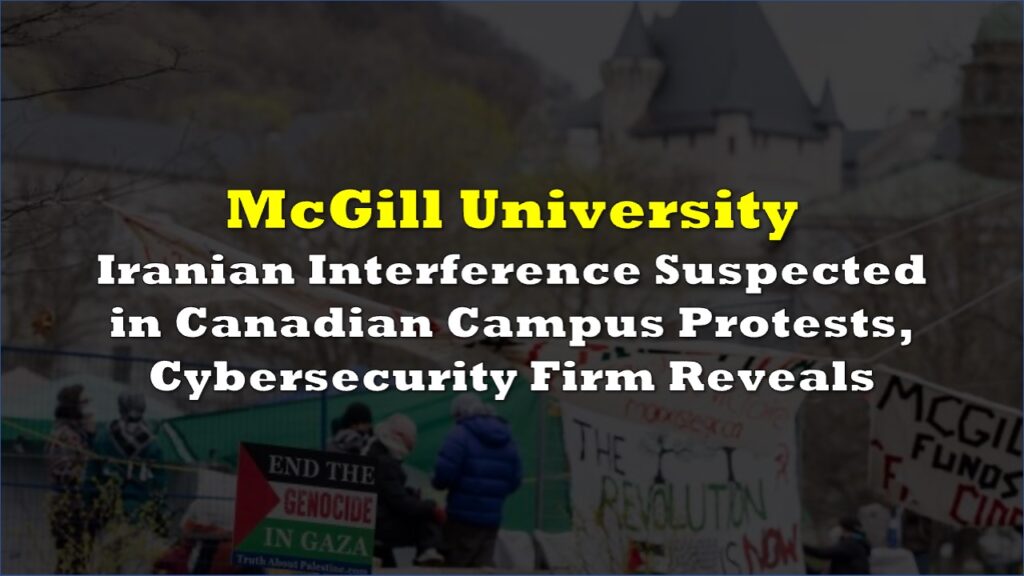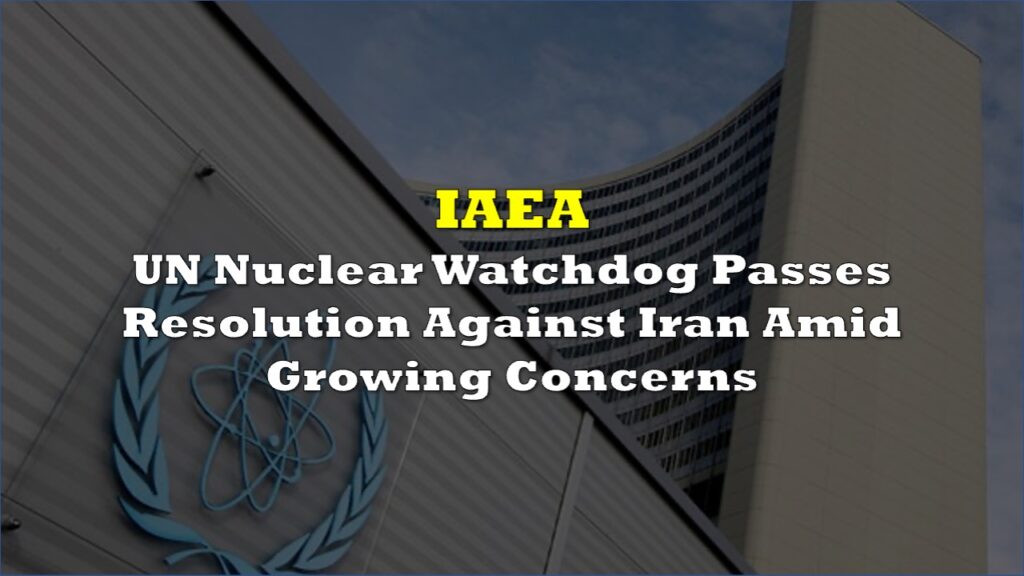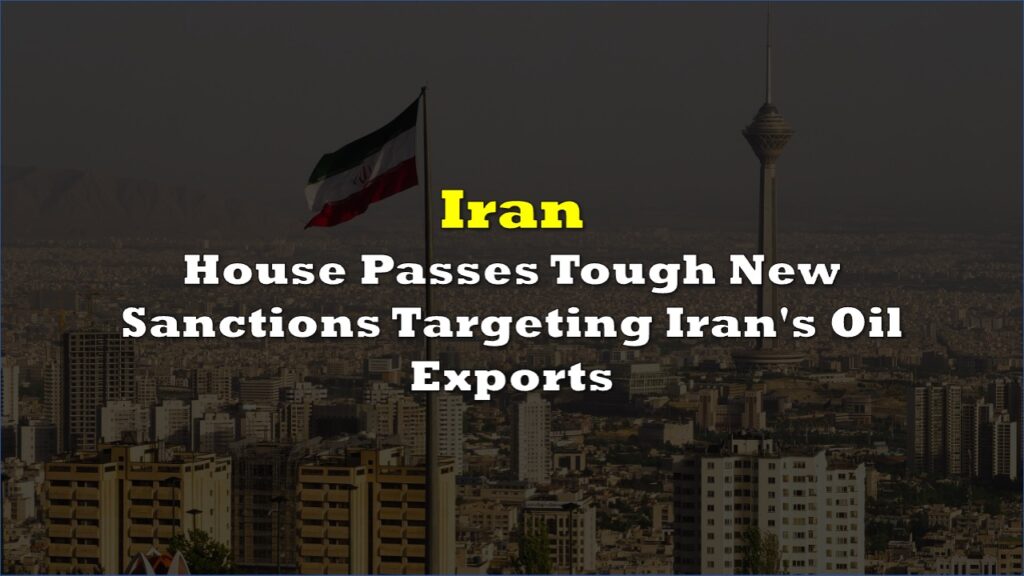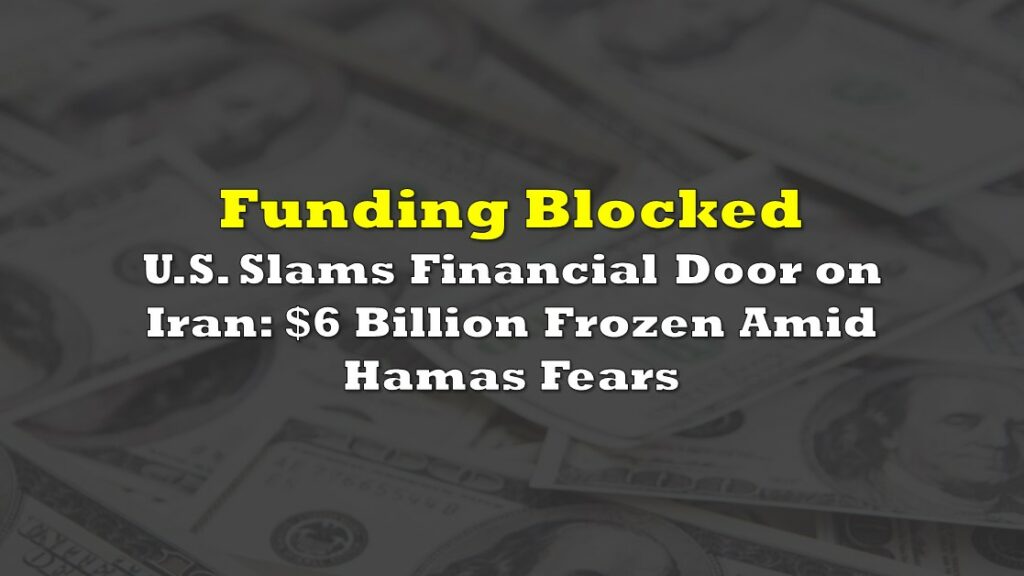Iran’s President Ebrahim Raisi and Foreign Minister Hossein Amirabdollahian were confirmed dead after their helicopter crashed in poor weather conditions in Iran’s northwestern region, state media reported on Monday. The crash occurred on Sunday, and rescuers located the bodies and wreckage early Monday morning in the mountainous East Azerbaijan province.
The Iranian Red Crescent faced dense fog, blizzards, and challenging terrain to reach the crash site. Upon arrival, they reported “no sign of life” from the wreckage. State TV has not yet provided an official cause for the crash, which also claimed the lives of the East Azerbaijan province governor, other officials, bodyguards, and crew members.
A clearer image was released of the crash site of the helicopter that was carrying the Iranian president.
— Global: Military-Info (@Global_Mil_Info) May 20, 2024
The helicopter is fully destroyed. pic.twitter.com/mc5BaxYk0W
Looks like the Helicopter went in Hard and was almost Completely Destroyed, lots of Wreckage and not many Big Pieces. https://t.co/YgO8FYNiLI
— OSINTdefender (@sentdefender) May 20, 2024
An Image claimed to show the Wreckage and a Body of one of the Passengers onboard the Late President of Iran, Ebrahim Raisi’s Helicopter which Crashed yesterday in Northwestern Iran, with it claimed to possibly be the Body of Iranian Foreign Minister Hossein Amir-Abdollahian. pic.twitter.com/1JN92S7r4u
— OSINTdefender (@sentdefender) May 20, 2024
Raisi, 63, elected president in 2021, was known for his hardline stance on domestic and international issues, including a crackdown on antigovernment protests and a tough approach to nuclear negotiations. Recently, he had ordered a drone-and-missile attack on Israel in retaliation for an alleged Israeli strike on Iran’s embassy in Damascus.
Supreme Leader Ayatollah Ali Khamenei announced a five-day mourning period and assured the public that state affairs would continue uninterrupted. First Vice President Mohammad Mokhber has been named interim president, with a new election required within 50 days. Deputy Foreign Minister Ali Bagheri has been appointed acting foreign minister.
The crash has intensified the pressure on Iran’s leadership amidst ongoing regional and global tensions. Israel’s conflict in Gaza, Iran’s support for Russia in the Ukraine war, and disputes over its nuclear program have all contributed to the strained situation.
Footage from Turkish authorities and Iranian state media showed the helicopter’s wreckage on a foggy hillside, with rescuers confirming the death of all passengers. The cause of the crash remains under investigation.
Observers noted the irony that despite Iran’s frequent denunciations of the West and NATO, the country allegedly needed to seek assistance from NATO as its search and rescue efforts faced significant challenges, taking over 14 hours to locate the crash site.
For all the propaganda Iran spews against the West and NATO, truth is the incompetent brutal regime couldn’t find its president for over 14 hours and had to ask NATO for help to locate him. Imagine that
— Olga Lautman 🇺🇦 (@OlgaNYC1211) May 20, 2024
Global leaders and Iran’s regional allies have expressed their condolences. Russia’s President Vladimir Putin and India’s Prime Minister Narendra Modi were among those who mourned Raisi’s death, while Western reactions were more subdued. Iranian-backed groups such as Hezbollah and the Houthis also issued statements of sympathy.
Transition
While the immediate focus is on the presidential transition, the longer-term implications of Raisi’s death are significant for Iran’s supreme leadership. Raisi was seen as a potential successor to Supreme Leader Ayatollah Ali Khamenei. With Raisi’s death, attention now shifts to Khamenei’s son, Mojtaba Khamenei, who is widely viewed as the heir apparent.
If Raisi is indeed dead, the key takeaway is not really who succeeds him (that’s the 1st VP Mohammad Mokhber, but only as a caretaker for 50 days before an election).
— Gabriel Noronha (@GLNoronha) May 19, 2024
It’s the fact that the next Supreme Leader is most likely Ali Khamenei’s son, Mojtaba Khamenei.
Internal… pic.twitter.com/frBnFpHmop
In a stark warning, Khamenei stated that “if we find evidence that Israel is involved in the helicopter crash of the President of Iran, we will respond beyond the imagination of Israel and its allies.”
The Assembly of Experts, an 88-member body, is responsible for appointing the next Supreme Leader upon the vacancy of the position. Analysts speculate that Mojtaba Khamenei’s path to succession is now clearer, potentially solidifying a dynastic transition in Iran’s highest office. This shift could invite comparisons to the hereditary monarchy of the Pahlavi dynasty, which was overthrown during the 1979 Islamic Revolution.
The upcoming presidential election to replace Raisi is slated to occur within 50 days. The Guardian Council, a 12-member body half-appointed by the Supreme Leader and half by the parliament from a pre-approved list, is responsible for vetting candidates. Historically, the council has disqualified numerous candidates, effectively determining the election outcome.
Given the recent trend of low voter turnout in Iran’s elections, with participation in the last runoff below 10% and the previous presidential election at 48.4%, the legitimacy of the electoral process is under scrutiny. The president’s role, while influential in domestic affairs, is secondary to the Supreme Leader in terms of national security and ideological direction.
Information for this story was found via AlJazeera, Reuters, and the sources mentioned. The author has no securities or affiliations related to the organizations discussed. Not a recommendation to buy or sell. Always do additional research and consult a professional before purchasing a security. The author holds no licenses.

